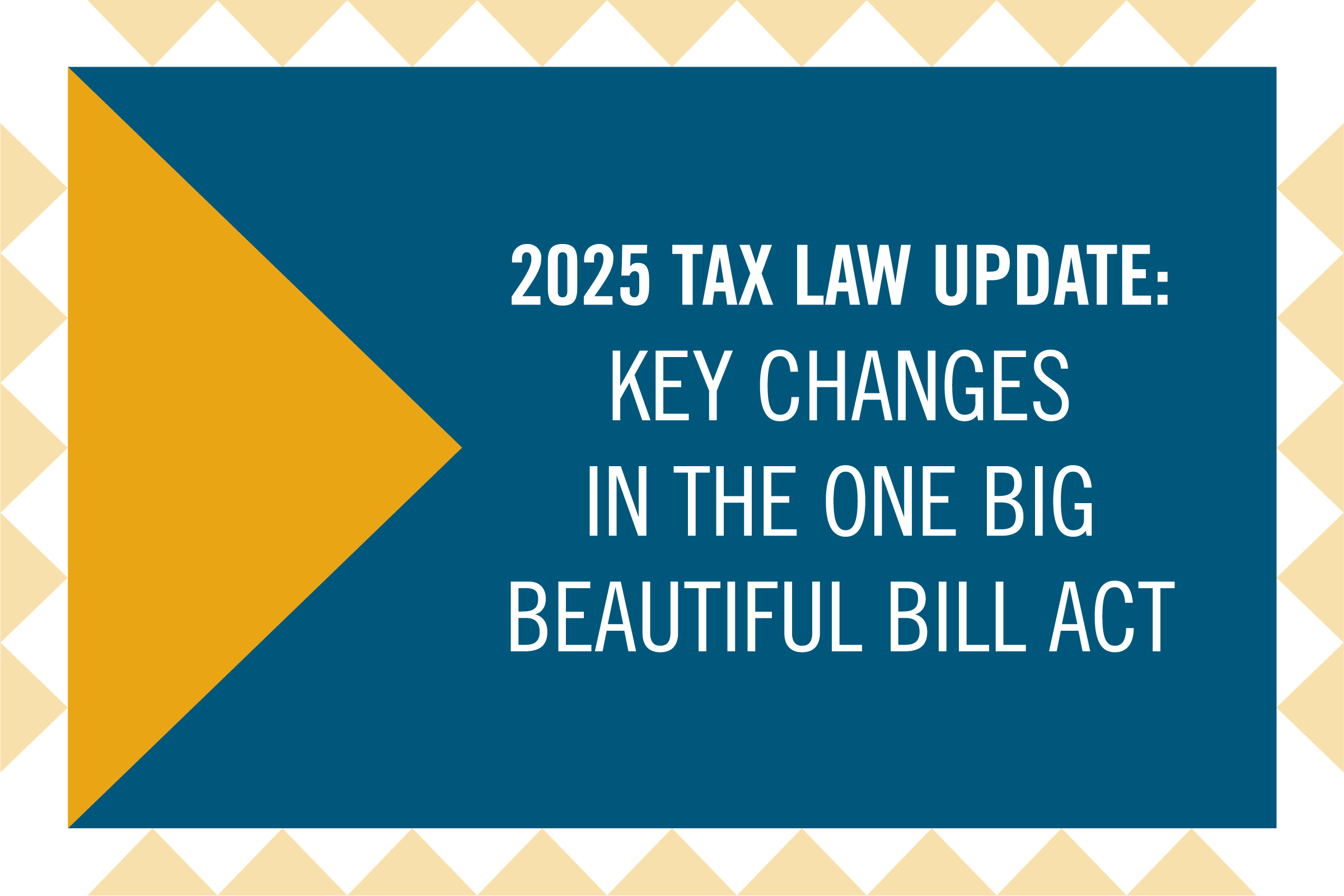Disasters Never Rest, Take Time to Plan for Recovery
Jan 16, 2021
Weather-related disasters can strike without warning and destroy businesses, homes, and critical personal documents and financial records. If you don’t have one already, now is the time to create an emergency preparedness plan. If you do have one, it’s a good time to review it.
Keep key documents safe
Place original documents (such as tax returns, birth certificates, deeds, titles, and insurance policies) inside waterproof containers in a secure space. Keep duplicates of these documents with a trusted person in another location. Scanning them for backup storage on electronic media such as a flash drive is another option that provides security and portability.
Make a record
Current photos or videos of the contents of your home and business can help support claims for insurance or tax benefits after a disaster. All property, especially expensive and high-value items, should be recorded. The IRS disaster-loss workbooks in Publication 584-B can help individuals and businesses compile lists of belongings or business equipment.
Check on fiduciary bonds
If your business uses a payroll service provider, ask if it has a fiduciary bond in place. The bond could protect you in the event of default by the payroll service provider. The IRS reminds employers to carefully choose their payroll service providers.
The IRS can help to rebuild lost records
Sometimes, despite our best efforts, records are lost in a disaster. If you need to reconstruct records — whether for tax purposes, getting federal assistance, or insurance reimbursement — see the IRS’s Reconstructing Records webpage.
IRS Relief
When FEMA issues a disaster declaration, the IRS frequently postpones certain tax-filing and tax-payment deadlines for taxpayers who reside or have a business in the disaster area. There is no need to call the IRS to request this relief. The IRS automatically identifies taxpayers located in the covered disaster area and applies filing and payment relief.
If you have been impacted by a disaster and have tax-related questions, you can contact the IRS at 866-562-5227 to speak with an IRS specialist trained to handle disaster-related issues. If you do not reside in a covered disaster area, but suffered impact from a disaster, call 866-562-5227 to find out if you qualify for disaster tax relief and to discuss other available options.
You can also find complete disaster assistance and emergency relief details for both individuals and businesses on the Around the Nation webpage at IRS.gov. The FEMA Prepare for Disasters webpage includes information to build a kit of emergency supplies.
To learn more about planning for disaster recovery, check out CRI’s e-book Prepare, Recover, Emerge Stronger: A roadmap for financial perseverance in times of crisis. And remember: Your CRI advisor stands ready to assist in times of crisis and opportunity. Contact us anytime.

















































































































































































































































































































































































































































































































